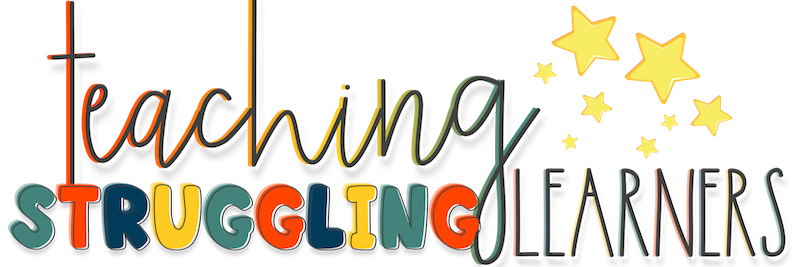When I taught high school, I had several students who were weak in foundational reading skills. After only a few weeks of working with my students, I found myself asking: What is phonological awareness anyway???
I had a student who absolutely HATED writing. Getting him to write was such a pain! He would get a few sounds that matched the words, but then it was just random. He might write a few words that linked together, but the overall message was nonexistent. The student had great ideas, he knew his letters and sounds, and could write individual words. But when it came to sentence….Oh no!
Phonics wasn’t the issue, I’d made sure of that. The issue turned out to be phonological awareness.
So…what is phonological awareness anyway?

Phonological awareness is a big concept that includes many skills that kids need before they get into phonics and reading. It includes identifying how many words are in a sentence, or words that rhyme. Some other skills include counting syllables and alliteration. My high school teacher friends ears just perked up I know. Those students that just seem to struggle with alliteration…using it or identifying it…weak phonological skills are probably the root of that issue!
Oh, and all of the phonemic awareness skills fall under phonological awareness too. If you haven’t listened, be sure to tune in to the phonemic awareness series which we just finished up last week. There is good information there, and some ideas to help support teaching those skills in the classroom.
What is the point in phonological awareness?
Yes, I know, phonological awareness really sounds like baby skills. Being able to identify rhyming words, or counting syllables….yes these are skills which are really focused on in lower grades, especially kinder and first. That does not mean that they aren’t important.

If you remember all the way back to the second podcast episode I did…which feels like way more than a year ago by the way… I talked about how learning and education is like building a house. Without a strong foundation, the rest of the house really won’t ever come together the way it is supposed to.
Phonological awareness is one of those foundational skills. If we don’t get it right, the rest of the house just won’t be sturdy.

Weak phonological skills will translate to weak phonics skills. When phonics skills are lacking, fluency and comprehension suffer. It is incredibly difficult to gain a strong vocabulary when a student is struggling to read the word itself, let alone understand its meaning.
Making the connection between phonological awareness and reading is really pretty easy. Thinking about it in other subject areas can get a little bit more confusing.
That whole example was for reading, but I imagine you can guestimate how much this impacts writing. Weak phonological skills make writing words and sentences very difficult. As students progress in their writing, we expect them to make their paragraphs flow. Weak syllabication skills makes that very difficult. Not to mention, difficulty with alliteration makes this strategy difficult to incorporate in later writing. You can see, there is direct correlation between weak phonological skills and weak reading and writing skills.
How do I get started with phonological awareness?
- Just like with phonemic awareness, there are a lot of diagnostic assessments available for free.
- Don’t try to reinvent the wheel!
- Do a quick screener to check out exactly what areas need support.
- When you check phonological awareness, a lot of the screeners include phonemic awareness.
- Don’t stress, just complete the screener, and if the student needs the most work in phonemic awareness, check out the episode relating to it and get working….then come back here for more help!

